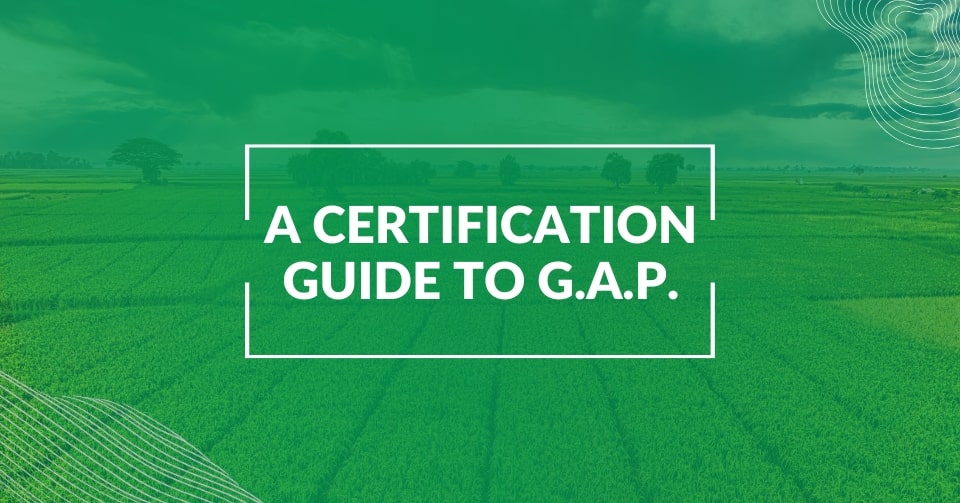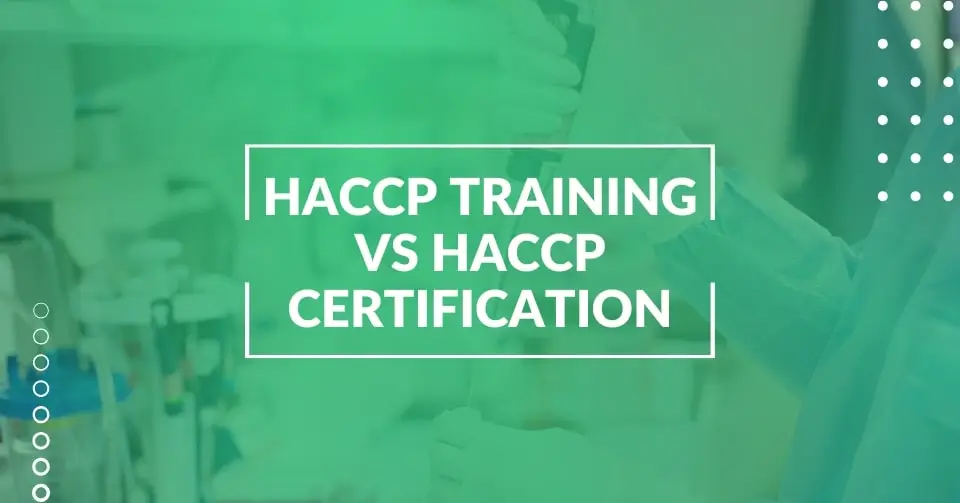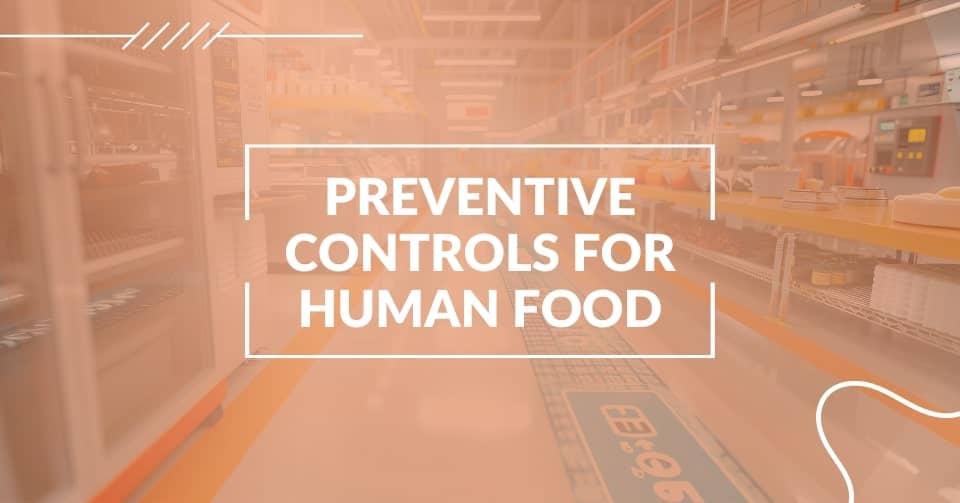As the global food supply chain becomes progressively complex and heavily scrutinized, food safety and sustainability are most critical and have top priority for consumers, retailers, and producers in every respect. Global G.A.P. (Good Agricultural Practices) is a leading farm certification standard that promotes food safety, environmental sustainability, worker welfare, and animal welfare in agricultural production. For farms and agribusinesses looking to expand into international markets or solidify trust with buyers, Global G.A.P. certification is not just advantageous. It is often essential.
This article offers a comprehensive guide to Global G.A.P. certification and explains how digital software can be a worthwhile tool for managing and implementing its requirements efficiently.
What is Global G.A.P.?
Global G.A.P. is a globally recognized certification program ensuring food production safety and sustainability. Originating as EUREPGAP in the late 1990s, it has evolved into the widely accepted standard known as Global G.A.P. today.
Global G.A.P. sets voluntary standards for the certification of agricultural products around:
- Food safety and traceability
- Environmental sustainability
- Occupational health and safety
- Animal welfare
- Crop and livestock management
Certification is available for various sectors, including:
- Fruits and vegetables
- Aquaculture
- Livestock
- Flowers and ornamentals
- Combinable crops
Why is Global G.A.P. Important?
The following table outlines the key benefits of obtaining Global G.A.P. certification. It highlights how the certification supports market access, builds consumer trust, and helps farms meet regulatory and operational standards.
| Benefit | Description |
| Market Access | Many major retailers and suppliers, especially in Europe, require Global G.A.P. certification as a prerequisite for doing business. |
| Consumer Assurance | Customers feel more secure and trust that their food is safe and made responsibly when a farm has Global G.A.P. certification. |
| Risk Mitigation | Certification displays well-defined practices, reducing the likelihood of contamination, chemical misuse, and unfavorable labor conditions. |
| Regulatory Compliance | Farms can more effectively adhere to legal standards and global safety guidelines through Global G.A.P. certification. |
What are the Key Elements of Global G.A.P. Certification?
1. Integrated Farm Assurance (IFA) Standard
The IFA standard is the most widely adopted Global G.A.P. standard. It includes a modular approach with components applicable to all farm activities (the All Farm Base), and specific modules tailored to different sectors such as crops, livestock, and aquaculture.
2. Control Points and Compliance Criteria (CPCC)
The CPCC forms the backbone of the auditing process. Each control point is rated as:
- Major Musts: Everything has to be perfect. You can’t miss anything here to pass.
- Minor Musts: Almost perfect is good enough. You need to get most of these right.
- Recommendations: These are just helpful suggestions, not things you have to do, but it’s good to consider them.
3. Documentation and Record-keeping
Keeping detailed and precise records is essential for certification. You need to track important information like when you used pesticides, how much fertilizer you applied, water usage, employee training, and equipment maintenance.
4. Traceability
A traceability system must be in place to track products from farm to fork.
What Are the Steps to Get Global G.A.P. Certified?
Let us look at the following structured steps that need to be followed to ensure compliance with Global GAP certification. Here we outline each phase from initial assessment to final certification so that farm owners and producers know how to prepare for what is to come.
| Step | Description |
| 1. Gap Assessment | Evaluate current farm practices against Global G.A.P. standards to identify areas for improvement. |
| 2. Training and Awareness | Ensure staff and workers are trained in hygiene, safety, and proper use of inputs. |
| 3. Documentation | Compile all necessary records, a labor-intensive aspect of certification. |
| 4. Select Certification Body | Choose an accredited certification body (CB) authorized to conduct Global G.A.P. audits. |
| 5. Pre-Audit (Optional) | Option for farms to conduct a pre-audit to identify non-conformities before the official inspection. |
| 6. Certification Audit | Certification body visits the operation to evaluate compliance with Global G.A.P. standards. |
| 7. Corrective Actions | If non-conformities are found, corrective actions must be completed within a specified time frame. |
| 8. Certification Decision | If the audit is successful, a Global G.A.P. certificate is issued, valid for one year. |
How can FoodReady help with Global G.A.P. Certification?
FoodReady software simplifies Global G.A.P. certification by centralizing necessary documents like pesticide records and water tests. It provides customizable templates and checklists to ensure rule compliance, tracks daily performance, highlighting issues, and sets reminders for critical tasks. Produce tracking from growth to dispatch is supported, along with staff training management. Mobile access enables field data entry, and expert consultation is available for guidance through certification complexities.
Ready to Get Global G.A.P. Certified?
Simplify the process with tools that help you track, document, and stay audit-ready, whether you’re growing tomatoes or managing 500 acres.
For example, a 200-acre fruit and vegetable farm in California, decided to pursue Global G.A.P. certification to expand into European markets. Using FoodReady, they digitized their pesticide logs, scheduled employee hygiene training, and created a traceability program. Within six months, they passed the audit on their first attempt—saving time and avoiding potential re-audit fees. Their operations team now uses FoodReady daily to maintain certification and drive continuous improvement.
Conclusion
Global G.A.P. certification is a vital credential for producers seeking to meet global market demands while committing to food safety, environmental care, and social responsibility. Though the process may seem complex, it becomes significantly more manageable with the right tools.
FoodReady makes achieving and maintaining Global G.A.P. certification much simpler. It helps farms by organizing paperwork, automating tasks, and keeping track of everything, so they can feel confident they’re meeting all the requirements easily.
Whether you’re a small farm or a large agribusiness, integrating FoodReady into your Global G.A.P. strategy can reduce costs, save time, and enhance your reputation in the global food marketplace.
FAQs
This depends on the size and complexity of the farm, the current level of compliance, and how quickly any identified non-conformities can be corrected. On average, 3 to 6 months is the timeframe from initial assessment to certification. Farms that already follow good agricultural practices and have proper documentation may complete it faster.
Costs depend on several factors including the certification body, scope of certification (e.g., crops, livestock, aquaculture), size of the operation, and geographic location. Fees generally include:
– Pre-assessment (optional)
– Audit and inspection fees
– Travel costs for auditors
– Annual renewal fees
Additionally, there may be internal costs for system upgrades, training, and staff time for implementation.
Yes, small farms can benefit greatly, especially those targeting export markets or premium buyers. While the costs and administrative burden can be challenging, group certification schemes and support from cooperatives, NGOs, or government programs can help lower barriers for smallholders.
While more prevalent in Europe, Global G.A.P. is gaining serious traction in the U.S., especially among producers looking to export or supply global retailers. Some U.S. buyers may accept or even prefer Global G.A.P. over domestic certifications, especially in international trade or for niche premium markets. Rates are competitive for initial certification, which is usually priced around $7500, depending on the scope of the farm.







